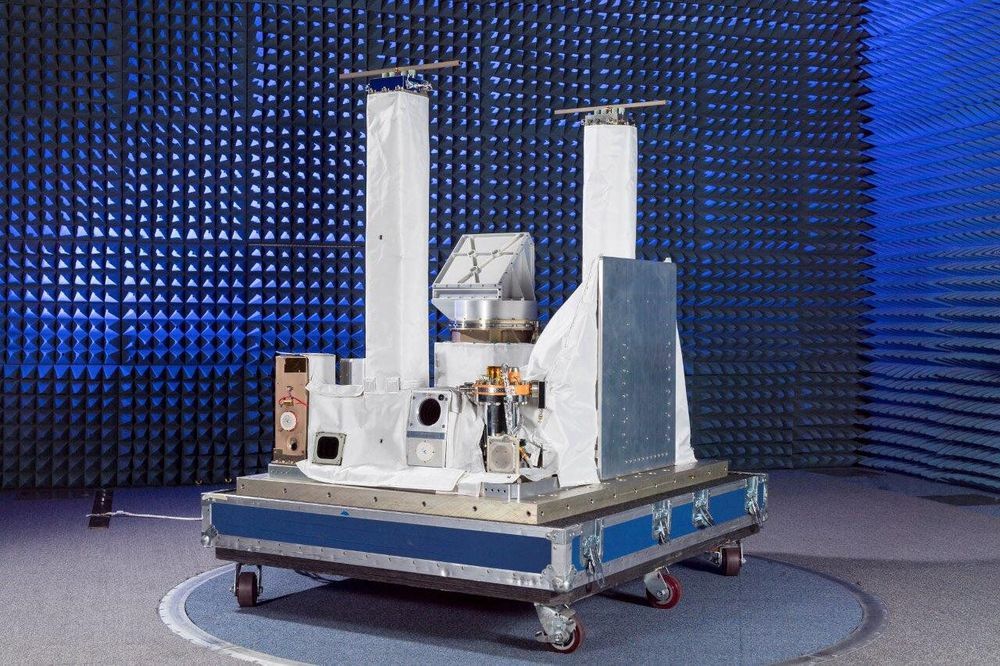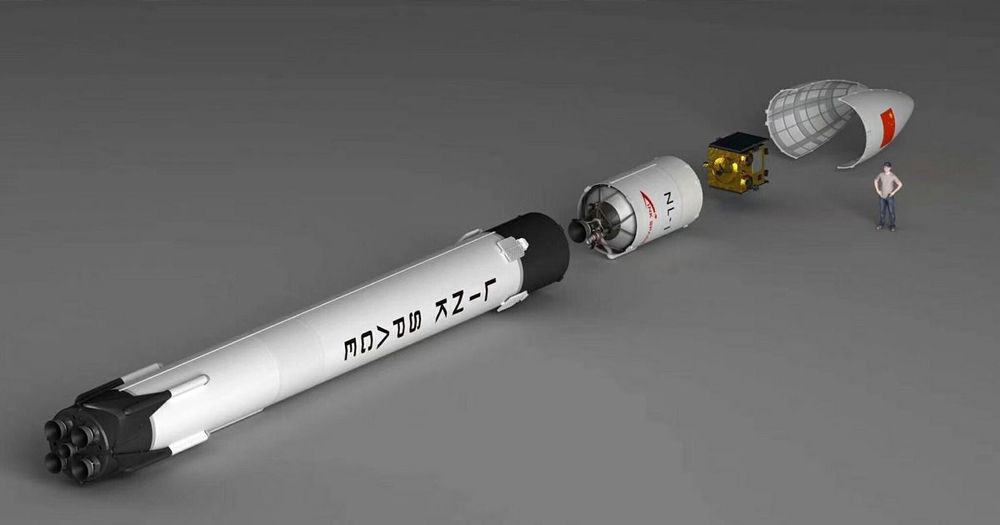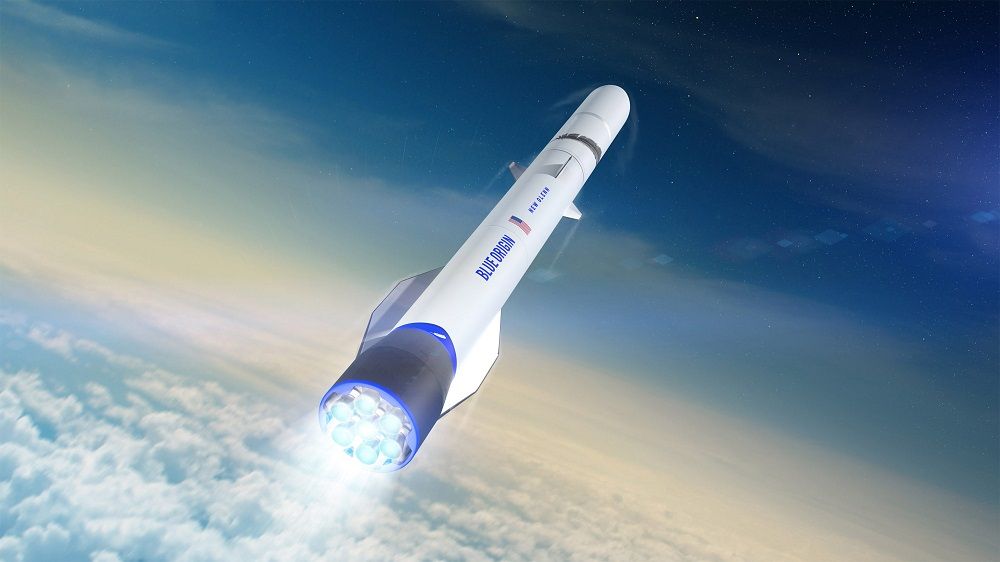Developed by the U.S. Naval Research Laboratory Plasma Physics Division, in conjunction with the Spacecraft Engineering Department, the Space PlasmA Diagnostic suitE (SPADE) experiment launched from Kennedy Space Center in Florida to the International Space Station onboard the SpaceX Dragon resupply mission (CRS-17), May 4.
Integrated onto the Space Test Program-Houston 6 (STP-H6) pallet, SPADE is designed to monitor background space plasma conditions on-orbit the International Space Station and provide early warning of the onset of hazardous levels of spacecraft charging.
The space environment is filled with a collection of electrically charged particles, plasma, and properties that depend on variable solar conditions. Satellite operations in space require continuous monitored plasma conditions and the results it has on spacecraft.








